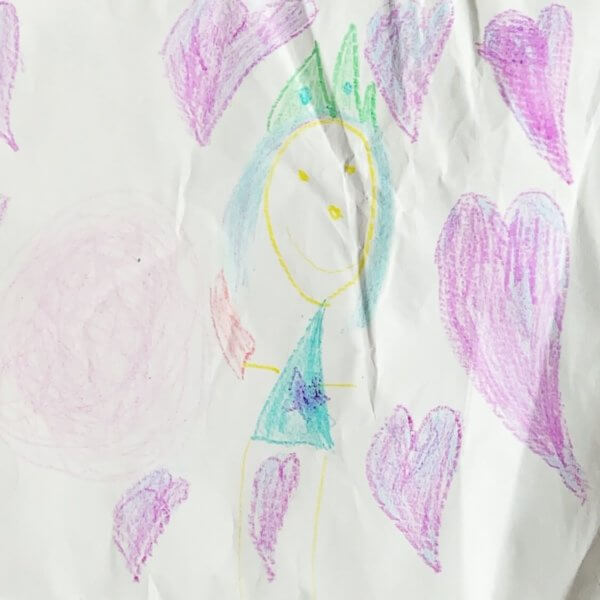
DC Pro Bono Week 2020: Kids Can Help Too!
29 October 2020 Blog, Featured
America is known as a nation of immigrants. It is a country that prides itself on being a melting pot and for welcoming people from many different countries, races, and religions, all hoping to find freedom, new opportunities, and a better way of life. A Conversation With Kids About Immigrants and Fairness was an event hosted by Washington Council of Lawyers on October 27, 2020, to talk to younger children about why people come to America, the challenges they face, the injustices they overcome, and what lawyers can do to assist the immigrant community.
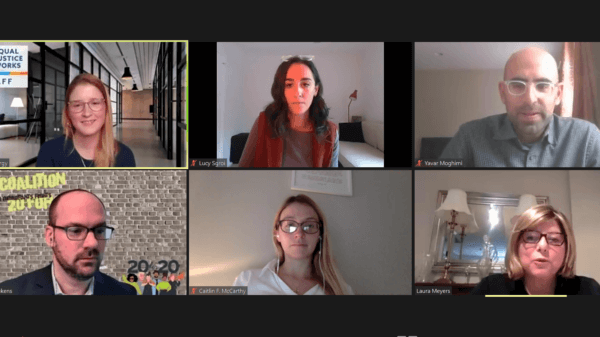
DC Pro Bono Week 2020: Coding Justice Examines Engaging Clients Remotely
29 October 2020 Blog, Featured
Meeting clients where they are at is one of the most essential lawyering skills, made only more essential in response to the COVID-19 public health crisis. On Monday, October 26, 2020, as part of DC Pro Bono Week 2020, the Washington Council of Lawyers hosted Coding Justice, a panel discussion on how to best serve clients remotely and keep them engaged.
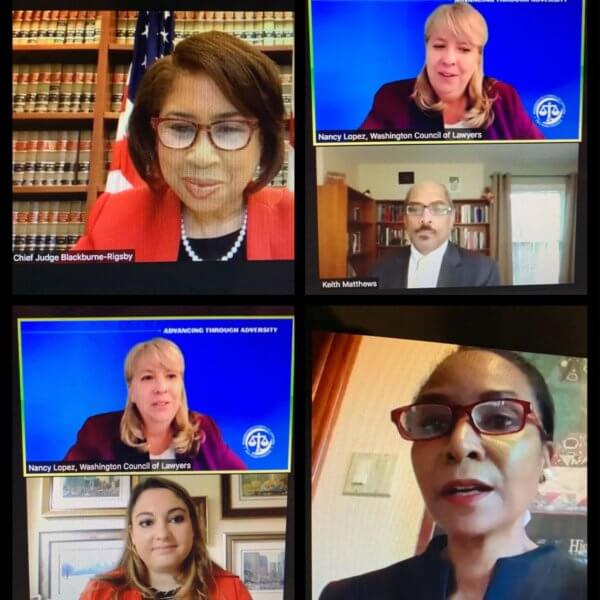
DC Pro Bono Week 2020: Pro Bono Goes Local Kicks Off The Celebration
29 October 2020 Blog, Featured
There is a tremendous need for pro bono service in the District and there is a myriad of opportunities to get involved and make a direct impact in our community. On Monday, October 26, 2020, the Washington Council of Lawyers kicked off DC’s Annual Pro Bono Week with the Chief Judges of the D.C. Courts, inspiring pro bono lawyers, and pivotal information about ways to help those in our community address legal needs.

Racial Justice Series: Racism By Design Was A Wide-Reaching Discussion
22 October 2020 Blog, Featured
Racial segregation persists in America. On Tuesday, October 20, the Washington Council of Lawyers sponsors a timely discussion among a panel of experts examining both the historical and the present dimensions of racial segregation in housing. Specifically, the panelists discussed the myriad ways federal, state, and local policies have promoted structural racial inequality in education, public health, voting, criminal justice, and more.
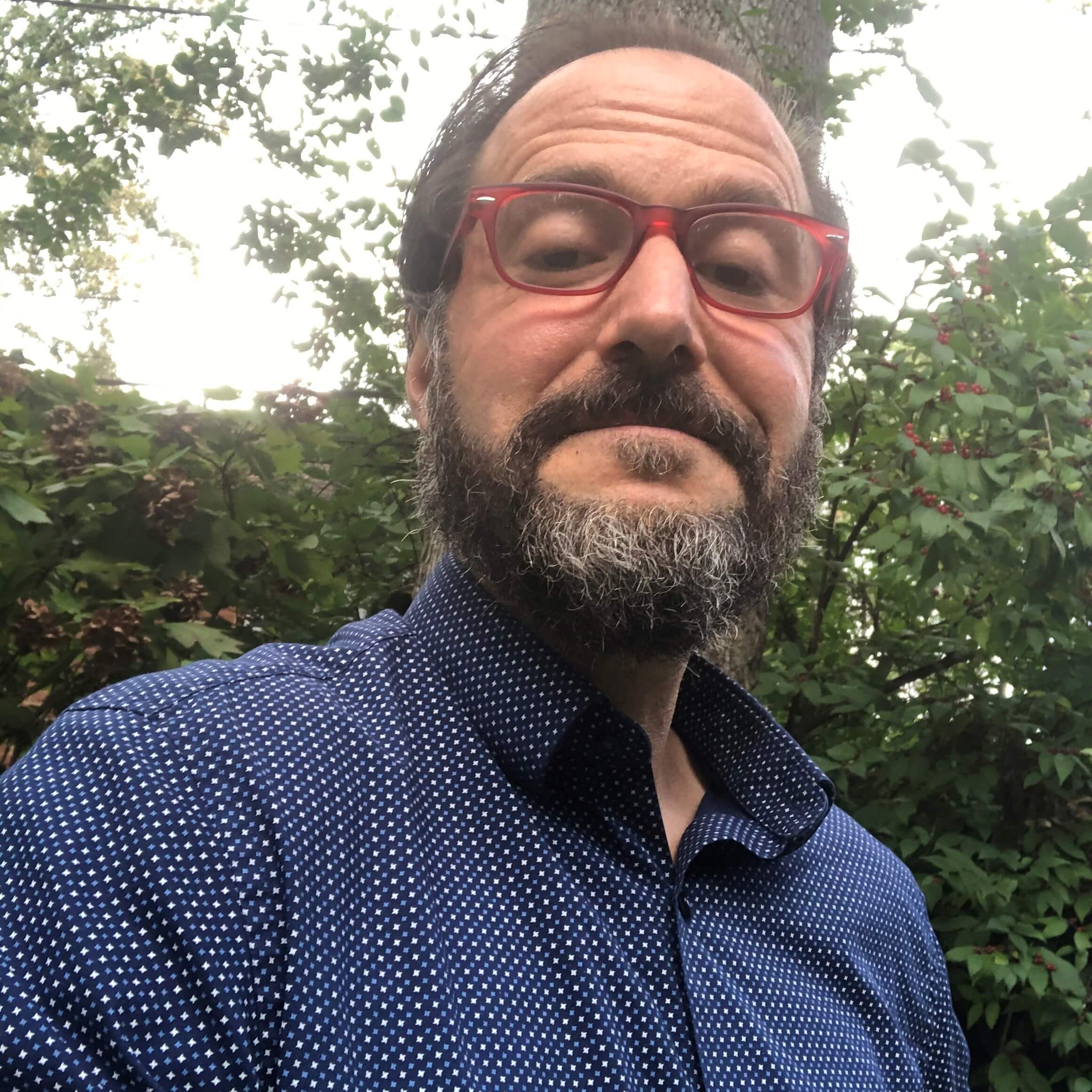
Pro Bono Week 2020 Profile: Arnold & Porter Partners with Legal Aid to Tackle Covid-19 Unemployment Crisis
20 October 2020 Blog, Featured
The numbers are shocking. Within two weeks of Mayor Bowser declaring a public health emergency back in mid-March, nearly 28,000 District of Columbia workers had filed claims for unemployment insurance (UI) – more claims than had been filed in the entire previous fiscal year. And that was just the beginning. As of September 22, more than 145,000 jobless workers have filed UI claims in the District, a historic wave of unemployment. In response, Legal Aid has mobilized significant internal and pro bono resources to meet the increased need for legal help. A team from Arnold & Porter stepped up to provide significant assistance in the effort to protect these workers.
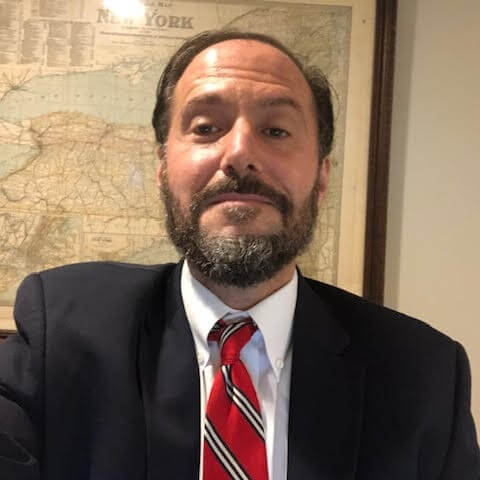
Pro Bono Week 2020 Profile: Dan Cantor – Protecting D.C. Seniors from Eviction and Homelessness
20 October 2020 Blog, Featured
Since joining Legal Counsel for the Elderly’s Advisory Board five years ago, Arnold & Porter Partner Daniel Cantor has zealously defended D.C. seniors with limited means from eviction and homelessness. His exemplary pro bono work has resulted in life-changing victories that enabled his clients to stay in their homes.

Pro Bono Week 2020 Profile: Brad Guest – Helping Entrepreneurs Achieve Their Life’s Dream
19 October 2020 Blog, Featured
Brad Guest volunteers his time to support D.C.’s small businesses because for the clients “this is often their life’s dream, something they’ve poured their time and energy into often exclusively for a long time. Receiving pro bono legal advice may be the only opportunity for these individuals to get answers to questions that could not only impact their business, but also their personal risk and liability.”

Racial Justice Series Part 1: Racism By Design
16 October 2020 Blog, Featured
Join us for the first of this year’s three-part Racial Justice Series examining institutional racism and how to advocate for real and lasting change for our clients. At our first event, our panel will examine both the history and the present reality of housing segregation and how federal, state, and local policies have affected and advanced systems of structural racial inequality in education, public health, voting, criminal justice, and more.
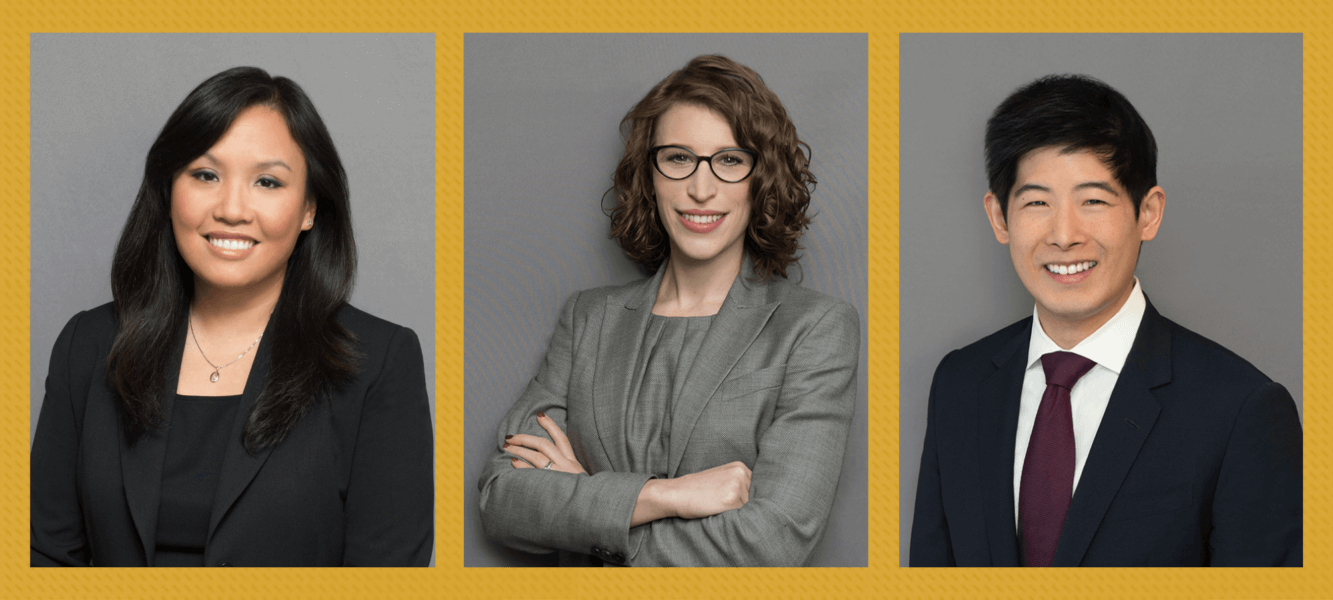
Pro Bono Week 2020 Profile: Williams & Connolly Team – Helping DC Families Secure Homes for Future Holidays
14 October 2020 Blog, Featured
In December 2018, residents across the District were preparing for the holidays and enjoying the comfort of their warm homes. However, for those living in a Brightwood Park apartment complex, a fire broke out leaving six families without a place to call home. The children who lost their homes in the fire that night were not only traumatized – their health had been endangered by unsafe housing. Children’s Law Center attorneys and investigators, led by Senior Supervising Attorney Kathy Zeisel, filed a complaint and secured temporary Red Cross shelter for the six families. But in an atypical moment for our organization, we brought in Williams & Connolly to co-counsel, knowing that an unusual case this size needed pro bono help from a team of fierce civil litigators. That team included firm associates Tracey A. Fung, Michaela Wilkes Klein and Tony Sheh, with partner Andy Keyes providing support and supervision.






